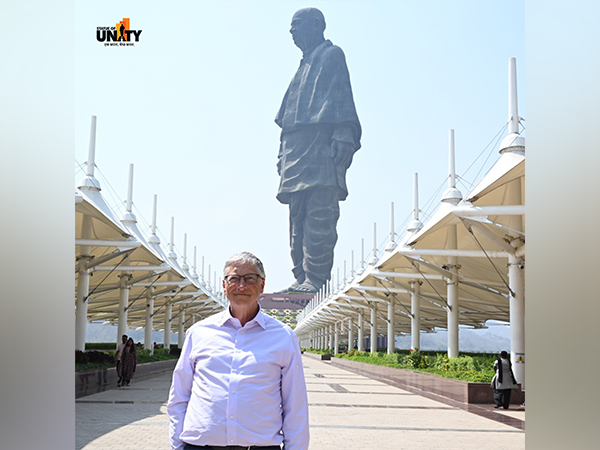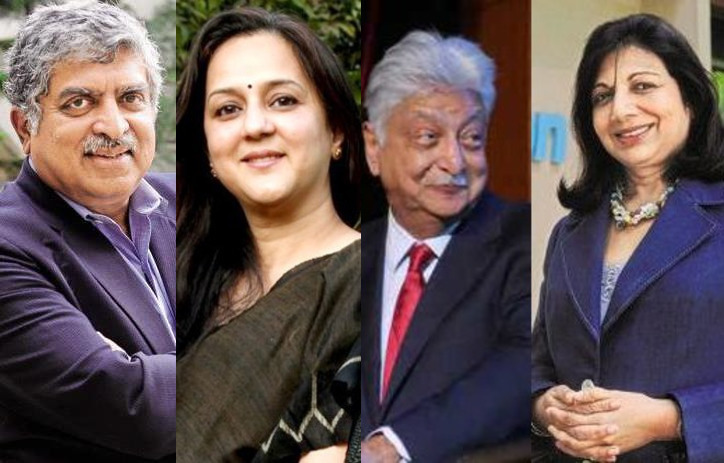Microsoft co-founder and leading philanthropist, Bill Gates heaped praise on the Statue of Unity in Gujarat, calling it an “engineering marvel” and a great tribute Sardar Patel.
He thanked Prime Minister Narendra Modi for inviting him at the monument. He also appreciated the economic opportunity for local tribal communities arising out of it.
“Thank you @narendramodi for the invitation to visit the impressive Statue of Unity. It is an engineering marvel and a great tribute to Sardar Patel. Also great to see it is creating economic opportunity for local tribal communities, especially women,” Gates posted on social media platform X.
Reacting to his post, PM Modi said that he is ‘glad’ on Gates enjoying the experience. He also urged people from across the globe to visit the world’s tallest statue in Gujarat.
“Happy to see this! Glad that you enjoyed your experience at the ‘Statue of Unity.’ I also urge people from all over the world to visit it in the coming times,” PM Modi stated on X.
Earlier on Friday, the Microsoft co-founder met Union Minister for IT, Ashwini Vaishnaw and discussed how India’s AI ecosystem could be used to improve health, agriculture, and education in the country.
“I met with @AshwiniVaishnaw to talk about India’s AI ecosystem and how it can be used to improve health, agriculture, and education. India’s digital public infrastructure journey is a fantastic model for emerging economies. @BMGFIndia hopes to support the Indian government’s initiatives to build open, secure, and interoperable systems that are inclusive and create strong digital economies,” Gates posted on X.
Bill Gates is on a visit to India, during which he has met several top leaders and also participated in other cultural and local events.
He also arrived in Jamnagar, Gujarat, for the three-day pre-wedding celebrations of Reliance Industries Chairman Mukesh Ambani’s youngest son, Anant Ambani, and industrialist Viren Merchant’s daughter, Radhika Merchant.
On Thursday, Prime Minister Modi and Bill Gates held a dialogue centred around harnessing the power of artificial intelligence (AI) for the greater good of the public. The leaders expressed their shared commitment to sectors that hold the potential to enhance the planet and uplift millions worldwide.
Meanwhile, his video with Dolly Chaiwala has taken the internet by storm and garnered millions of views on multiple platforms.
The video opens with Bill Gates in the frame, requesting, “One chai, please”. The tea seller’s unique method of preparing tea on his cart is a highlight, offering a glimpse into the artistry of making this beloved beverage. (ANI)
For more details visit us: https://lokmarg.com/



